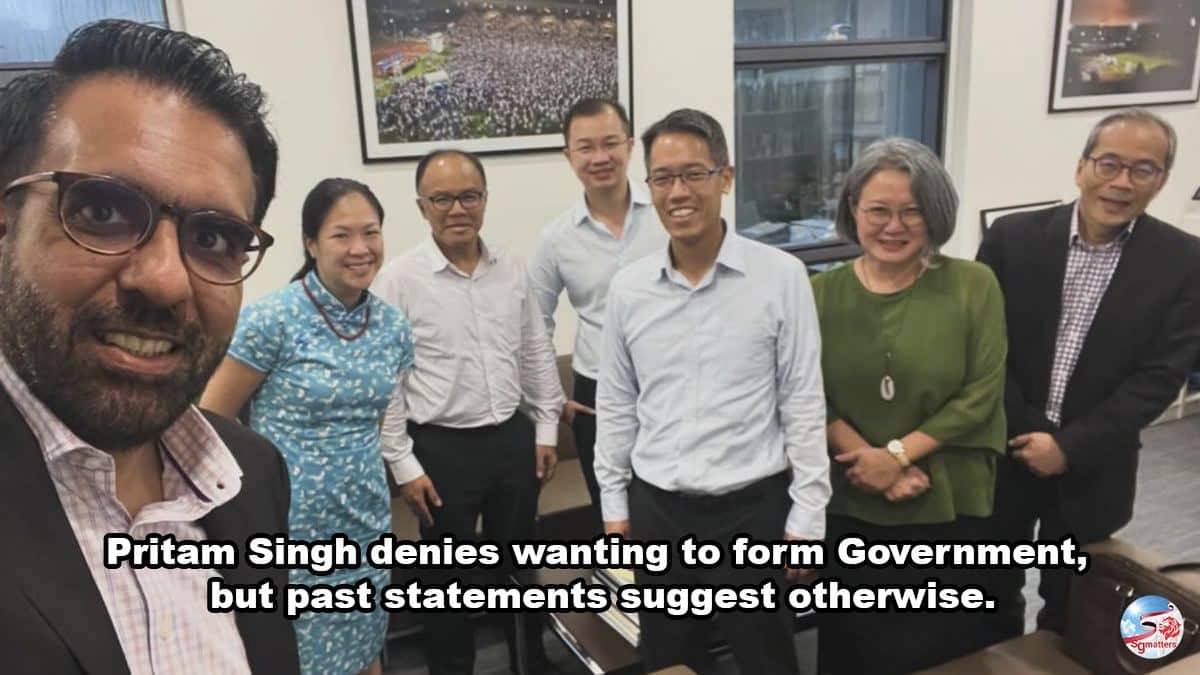A diplomatic row has broken out between the UK and Singapore after British Ye Ming Yuen was reportedly caned 24 times in one go. “The Briton was sentenced to 20-years jail for drug-related offences”. The British Foreign Office has condemned the caning.
The Daily Mail quoted his sister, Elysia Yuen as saying that the caning was “barbaric”
“The severity of the sentence felt barbaric. I think he is being made an example of because Singapore wants to send the message, ‘Don’t come to our country and break the rules’, but 24 strokes is the maximum anyone can receive, even rapists.”
Singapore’s Ministry of Home Affairs has responded to the outrage.
In a statement released 21 August, MHA said:
Singapore has a zero-tolerance policy against drug-related offences, with strict enforcement and severe penalties. These laws apply equally to all in Singapore, regardless whether the offender is a local or foreigner. Foreigners who break our laws should not expect to be treated any differently from Singaporeans. Singapore respects the sovereign right of other States to determine their own legal systems, taking into account their own values and context, and expects the same in return.
Here’s the statement in full:
- The Ministry of Home Affairs (MHA) is aware of the statement by the British High Commission in Singapore, which was issued on 19 August 2020 in response to the punishment of caning imposed on British national Yuen Ye Ming. It stated that the United Kingdom condemned the use of corporal punishment in Yuen’s case
- Yuen was first arrested on 5 August 2016 in Singapore for drug-related offences. Amongst the drugs found in his possession were six packets containing not less than 17.05g of methamphetamine, five packets were intended for sale, and one packet was for his own consumption. Yuen tested positive for methamphetamine consumption after a urine test. He was convicted on 17 January 2018 for these offences and was released on court bail, pending sentencing.
- About one month later, Yuen was arrested again for drug-related offences. He was found to have sold two blocks of cannabis containing not less than 69.74g of cannabis, and was in possession of another five blocks of cannabis containing not less than 60.61g of cannabis intended for sale. Yuen was also in possession of two packets containing not less than 1.29g of methamphetamine intended for his own consumption. He also tested positive again for methamphetamine consumption after a urine test. On 18 July 2018, Yuen pleaded guilty to the additional charges and was sentenced on 1 August 2018 to an overall sentence of 20 years’ imprisonment and 24 strokes of the cane for his various drug offences.
- On 5 November 2018, Yuen’s appeal against his sentence was dismissed by the High Court of Singapore. Yuen filed a Criminal Motion seeking to refer questions of law to the Court of Appeal, which was dismissed by the Court of Appeal on 19 August 2019. Subsequently, there were five petitions for clemency received from Yuen and his family, which were all unsuccessful. Yuen filed another Criminal Motion on 23 March 2020 seeking an extension of time and to refer questions of law of public interest to the Court of Appeal, which it subsequently dismissed on 12 August 2020. His sentence of caning was carried out on 19 August 2020.
- Before a sentence of caning is carried out, the offender is certified by a Prisons Medical Officer to be in a fit state of health to undergo such punishment. Caning is carried out by trained officers from the Singapore Prison Service, with strict procedures and supervision in place to ensure the safe and proper administration of caning. A Prisons Medical Officer is also required under the law to be present during the administration of caning.
- Singapore has a zero-tolerance policy against drug-related offences, with strict enforcement and severe penalties. These laws apply equally to all in Singapore, regardless whether the offender is a local or foreigner. Foreigners who break our laws should not expect to be treated any differently from Singaporeans. Singapore respects the sovereign right of other States to determine their own legal systems, taking into account their own values and context, and expects the same in return.
[irp posts=”3372″ name=”Lessons on gratitude and resilience from 82-year-old cleaner uncle with walking stick”]





